Retiring off the grid: An alternative retirement plan
Could living in a senior retirement community give you the financial freedom you need for a happy retirement?
Written by stannah
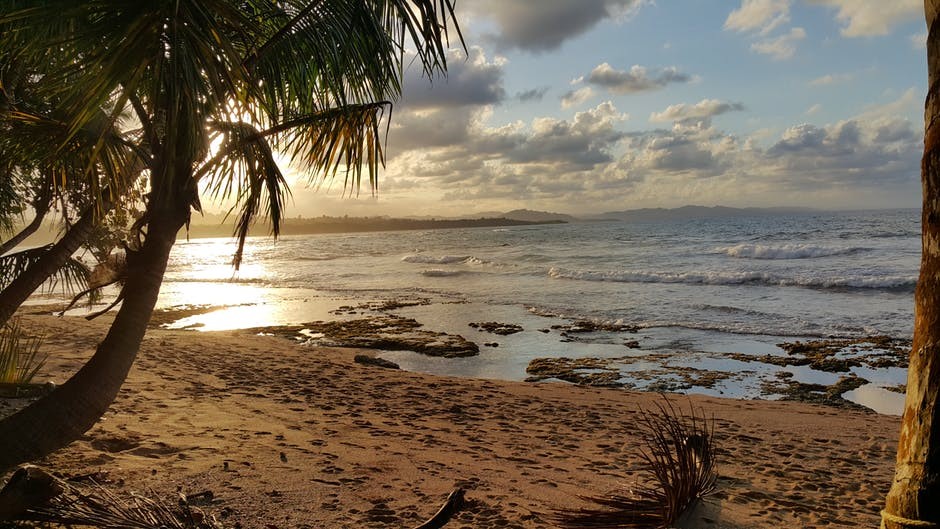
Retiring off the grid (not literally – you can still have electricity and running water and feel like you’re living in the wilderness!). It may or may not be something you’ve heard of. It might even be something you’ve considered. If you’re thinking about it, this article could give you some insight into the thinking behind this lifestyle choice. If you’re not, this is just a nice story of some people achieving something they’ve always dreamed of having. And it’s always nice to see people achieving their dreams!
As it happens, it seems like living off the grid is, in fact, the dream of more people that we would have imagined, so we’re going to tell you why retirement is the time to make that dream a reality. It’s that happy ending lots of us have always dreamed of – palm trees swaying in the gentle breeze as you sip your mojito on the beach of your island paradise, your work days behind you and island living stretching into the horizon of your future.
But are there more benefits to this alternative form of retirement than an endless supply of cocktails?

The problem of retirement in the 21st century
Granted, for those over the last few decades who have found themselves fast approaching the end of their working lives, retirement has always posed some sort of problem, but what are the main problems our seniors are facing today?
Let’s start with longer lives. That might seem like more of a pro than a con, but when it comes to retirement, regulations haven’t quite caught up to our extended lifespans. The extra years we’re living now thanks to advances in medicine and healthcare, compared to a couple of decades ago (never mind a few hundred years), are predominantly healthy. It means that people retiring today are having to plan for 30 years’ worth of leisure. How is that doable? Especially after only 40 years’ or so worth of work?
The solution?
Some people are calling for a new stage of life to be added to our lifespans between our careers and retirement. People have spent their whole careers working to save for their retirement, and then will spend their whole retirement stressed about not having saved enough from their careers. How do we break this cycle and make a happy retirement achievable?
First, the idea of ‘retirement’ needs a bit of tweaking. You can still leave your career, but what if you then took up something you’re passionate about? What if you could make your hobby your main occupation? You could even earn a bit of money from it.
The financial mentor calls this stage, once you’ve left your day job, the ‘fulfilment’ stage. You give yourself time to focus on things that make you happy, and that could even help make other people happy. Teaching other people a skill you have, helping out in organisations or volunteering could be that fulfillment, and could make you both happier and healthier.
Healthier?
Yes.
You contribute to a community, stimulate yourself mentally and create social connections. These things alone make for a happier, healthier life, where you are more likely to be active, stimulated and fulfilled.
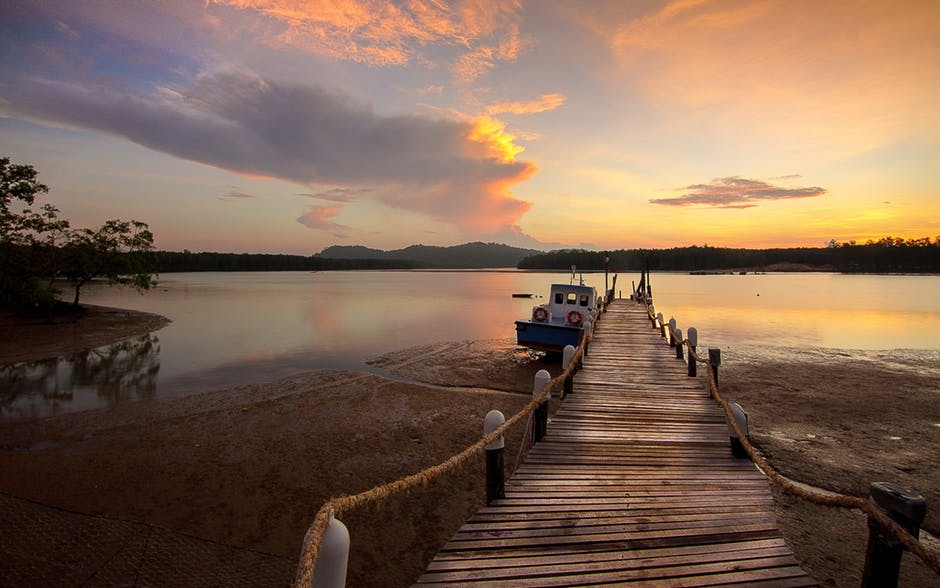
A senior retirement community? Living by the beach forever? Financial freedom? How do these ideas all come together?
Firstly, let’s talk about an intentional community. It’s when a group of people decide to live together, in a community. This is different from a neighbourhood, or a block of flats, in that instead of just living in spaces near each other, the people actively form a community. It could be by having shared meals, shared communal living areas, organising community activities or, one step further than that, it could be sharing a life philosophy, creating a way of life you all share and work to be a part of.
Is this sounding a bit like a hippy commune? There are similarities. But what we’re talking about could turn into whichever reality you picture when you close your eyes and imagine your future self.
For Matheus and Nayara, this reality is a house built on a strip of land between the beach and a river in the state of Bahia in Brazil. They’re preparing for retirement soon, and the plans they’ve had for the last few years are finally becoming a reality. We spoke to them about how the plans fell into place, and how they’ve planned their community based on how they want to age.
(Although this story is based on real events, some details have been changed to protect Matheus and Nayara’s privacy).
Matheus
First, a bit of background. Matheus is a 58-year-old IT technician. That’s what his day job has been for over 30 years, but it’s not all he does. Music is his real passion. It’s what made him work for a year to save for his one-way ticket from life in Brazil to London when he was 19 to pursue a music career. It worked for a while, he got by busking on the tube and playing in restaurants, but it didn’t always pay all the bills, and in the end, he signed up for an IT course in a local college.
He went back to Brazil when he met Nayara, but the job market in Brazil has been tough in recent years, and it hasn’t been easy to find work, especially not with as much experience as Matheus has. There is a big silver lining, however, as who finds they have two passions in one lifetime?
Gardening became a new hobby for Matheus as he saw that the humid conditions of his suburban garden were ideal for all kinds of plants. The mango tree that sprouted produced enough mangoes for them to freeze and keep for mango juice all year round. The vegetable garden grew to be green and lush as courgettes and herbs flowed. Meanwhile, Matheus found another job, but he still finds time to cultivate his love of gardening.
Nayara
Nayara has a different background. Unlike Matheus, she has always found fulfilment in her job as a doctor. And she fits the doctor stereotype. A specialist in tropical diseases, she lectures at the state university, has labs with her students, works at an AIDS clinic two days per week and still has time to publish papers, see family, and go and watch Matheus and his band play a bar in town most Fridays.
Her life hasn’t always been as hectic as it is now, but she’s never strayed far from those long shifts and high-pressure situations.
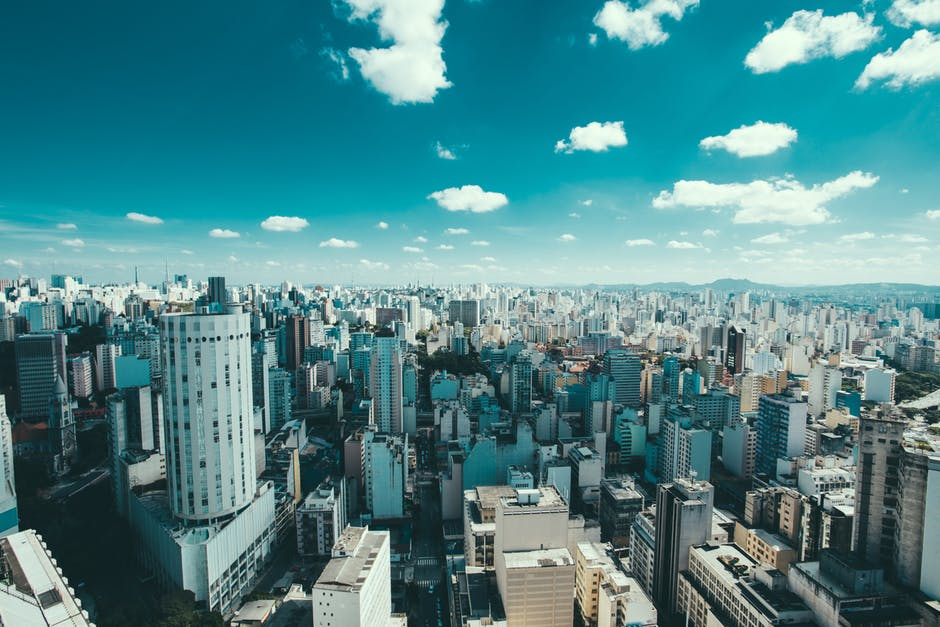
Senior co-housing – how it all began
5 years ago, Nayara’s sister got together with some friends who started talking about their retirement plans. As they sat together, on a warm spring afternoon, looking over the rooftops of the city, they talked about what it would be like to retire to a beach. They talked about locations and possibilities and exactly how they would structure their little paradise. It almost started to seem real.
It wasn’t until a couple of weeks later that the same group of friends got together again. None of them could stop thinking about their last conversation. They started making real plans. Looking at real possibilities. Researching real locations. And that’s when Matheus and Nayara came into the picture.
They’d been talking to Nayara’s sister about their thoughts on retirement. They were nearing retirement age, and it was time to start thinking about what they were going to do next.
They’d played with the idea of retiring abroad, but it all just seemed so expensive. Where would they live? And how would they support themselves as they got older? Would they ever be able to afford an assisted care facility if they needed one? And would they want to be that far away from their family and friends?
They could move to the seaside town where Matheus’ parents live now. It would be convenient – he’d be close to them and already have an infrastructure set up – but was a fishing village something they’d always dreamed of? Would small-town life give them the peace the city couldn’t? It was a possibility.
They could stay in the house they already lived in in Brazil – it was close to the city, to both their families and all their friends, but they were looking for a change, a new challenge, something to put their energy into once they stopped working.
As they trailed off, Nayara’s sister began to describe her friends. She told them the plans they were making for their retirement and Matheus and Nayara had to admit that retiring on a beach sounded nice. But they weren’t quite ready to sit around for 30 years. Not yet. That’s when ideas started popping into all their heads. How could they combine co-housing with building a community? How could they turn retirement into an exciting new project? Could they go somewhere where their skills could really make a difference to the lives of other people?

The next time she met up with her friends, Nayara’s sister took Matheus and Nayara along. They weren’t sure how all the ideas they’d come up with would fit together, as they talked, everyone there realised just how much they all had in common. The others hadn’t talked about following their passions, or this ‘fulfilment’ stage, but it seemed to be the piece of the puzzle they’d been missing until then. They were a group of professionals, each who had their own, unique skillset, and who wanted to use it in a way that would impact a community – that would help anyone that could benefit from the knowledge they had to share.
The idea started coming together
Cohousing sounded perfect. They talked about how they could each follow their passions, how they could build a community where they live in the same space, but not on top of each other. How they could be (at least partly) self-sufficient, and what they would need to build in order to stay fit and healthy as they aged. Outdoor-living is sure to keep them moving, but they’d need some help:
A pool is essential.
And a court to play peteca.
Land to plant fruit trees, vegetables and a herb garden.
They’d keep active by gardening, going for walks along the beach, tending to their land and playing sports.
Separate houses were a given, but they decided that a shared kitchen would be the perfect way to come together at the end of the day and share a meal. That’s when the idea of a main house came about. A main house with a veranda around the outside, with hammocks strung up along one side, a big kitchen, where meals could be made for tens of people if necessary, and a nice shared area. Sofas? A big TV?
If they all paid for the plot of land, each paid for one small house to be built and contributed to the building of the shared areas, they realised that their plan wasn’t just a dream come true, it was also financially viable. They would own their houses, put their resources together, live outside and off the land. Their dream lifestyle was actually very sustainable, both for the environment and for their bank accounts.
They also didn’t expect to stop working just yet. “Phased retirement” was an idea they were playing with. They would still work a bit. They wouldn’t be dipping into their pensions straight away, but they’d be able to choose what they wanted to do. They could get involved in the community and help, and leave the stress of their careers behind while still earning a bit of money.
It was all coming together. Now all they needed to do was find a location.
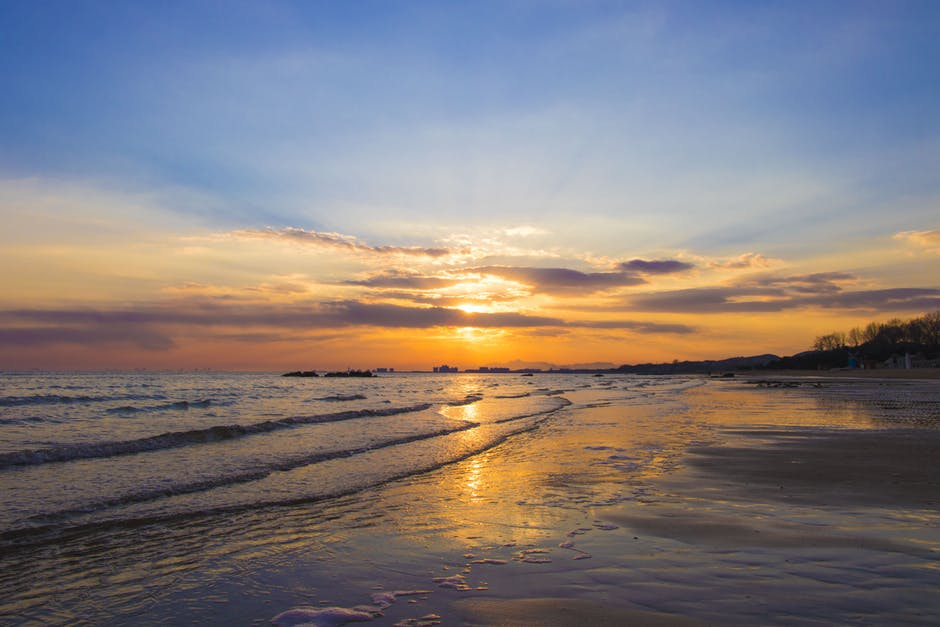
Looking for the perfect location…
They were all like-minded enough that they had a similar idea of what they wanted. Now came the fun part!
The beach was a given. The idea had sprung from that first conversation, so there was no way they could settle for anything less. What else did they consider to be essential?
Fresh water.
Access to electricity.
Some proximity to a community.
This may surprise some people, as when thinking about retirement, lots of people want to be close to amenities – hospitals, supermarkets, cultural centres. But this group of friends want to live off the grid. When questioned about whether they’re concerned about accessibility to their community, they didn’t seem worried – they’re thinking about the next 10-15 years and are planning to create a lifestyle that will keep them active for as long as possible. Just because they’re retiring, doesn’t by any means make them ‘old’ – they’ve got plenty of life left to live without having to worry about healthcare just yet.
And finding it!
Eventually, after a couple of years of searching, they came across just the right place.
It’s a strip of land in the state of Bahia, between the river and the sea. There’s a coral reef just off shore, so the waves break before they reach the beach. The ripples that are left lap the warm sand that stretches for miles down the coast. It’s idyllic to say the least. The land is fertile. The palm trees and fruit trees that have taken over are proof of that, and there’s a town reasonably near-by. There’s a school and a few b&bs, an eco-hostel, restaurants and a medical outreach programme that aims to reach the small communities that live near-by. The closest hospital is a 2-hour drive away, which isn’t ideal, but so is the closest airport, which for Brazil is very close. It ticked all the boxes.
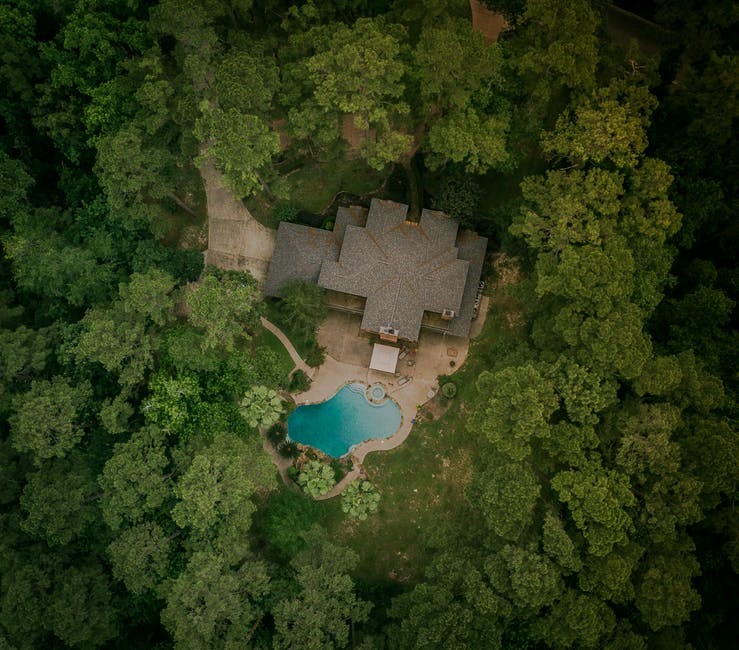
Where they’re at now
They bought the plot of land a couple of years ago now. It’s all a slow process. No-one has the money to pay for everything at once. That’s why this is at least a 10-year project. Little by little, they’ve been putting money aside. Yes, they’ve had to scrimp in other areas, but their paradise is going to be worth it.
Last summer the main house was finished – and the pool, of course. They all took tents and camped on the beach on their own land. They had everything they needed – a kitchen, working bathrooms, soft enough ground to sleep on. The community isn’t even built and it’s already coming together. They have had a binding purpose for some time now, and although they don’t live in a community yet, they’ve got strong foundations for one, built up over time. We’ll keep in touch with Matheus and Nayara, and hope to catch up with them in a few years’ time when they’ve moved in to their new life. We can’t wait to hear all about it!
But what about you? What are your plans for your retirement? Does relaxing on a beach appeal to you? Or does the idea of a “phased retirement” sound more up your street? What’s your passion? And is there any way you could find a way to get involved with that? In your community? Sharing your knowledge with others?
It’s worth thinking about!
Related Articles:
House of the future; a home designed for life
The History of Personal Mobility Devices
Book review: Allan Karlsson, 100 years old and still looking for adventure!
